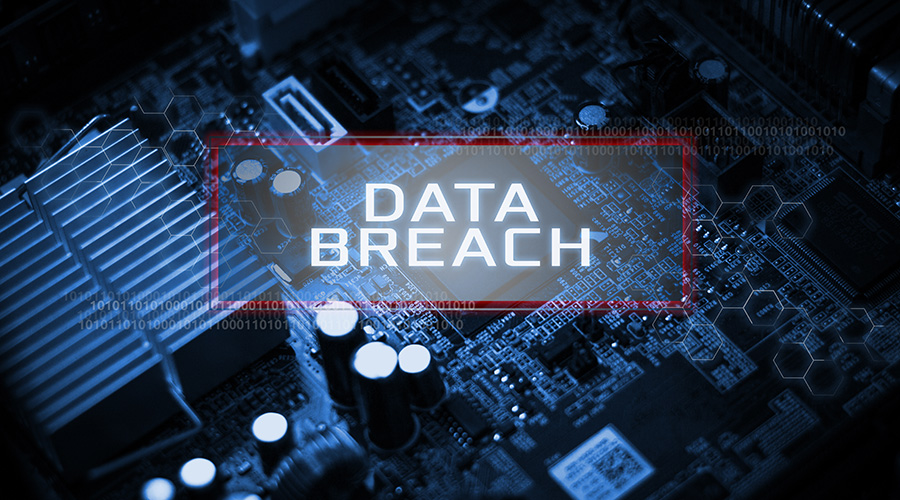Blockchain technology is already touted as a major disruption across various industries. Experts believe it to hold potential of transforming the healthcare sector. The blockchain technology puts patients at the center of ecosystem in the healthcare sector. Furthermore, once implemented, the technology improves privacy, interoperability, and security of confidential health records. Blockchain technology holds potential of making electronic medical records more secure, disintermediated, and efficient.
While the blockchain technology is still at a nascent stage of implementation, its importance in the healthcare sector cannot be overstated. As several organizations within the industry continue to struggle with their central administration, implementing blockchain technology could be the answer to their continued woes. It offers clever cryptography, which eliminates the need of the central administrator in a healthcare organization. Blockchain offers better confidentiality of patient information alongside quick access to required data. It streamlines medical records and enables sharing them in a more secure way.
The global blockchain in healthcare market is set to reach over USD 1.7 billion by 2026 and will grow at CAGR 48.1% during the forecast period, 2019-2026.
The blockchain technology is transforming the healthcare sector in several ways:
• For instance, it offers several improvements in manufacturing processes adopted in the medical sector. Blockchain technology strengthens the process of medicine manufacturing by recording and storing information on parameters. Besides this, it delivers auditable trails of production and consignment, supporting automated decisions.
• Blockchain connects and caters to healthcare variables in multiple ways. For instance, it can be of great help with regards to temperature control. Any pharmaceutical product requires being stored at a particular temperature range, which is imperative to keep it protected throughout its time at warehouse and then whiling shipment. It is of high importance to keep track of this information through the supply chain. Blockchain simplifies this function as once temperature history is received from temperature loggers, Smart Contracts help in determining the stability of the pharmaceutical product.
• Several startups have started leveraging the technology to mitigate certain inherent management issues in the healthcare sector. For instance, the London-based MedicalChain has designed a platform to help patients control accessing their medical records. Besides this, PokitDok looks forward to facilitate data exchange in the sector with its Dokchain. Meanwhile, the advent of Mediledger is aimed at enabling keeping track of and verifying medicines in ways as simple as tracking food in the supply chain.
Implementing blockchain technology helps healthcare sectors eliminate redundancies of paperwork
Besides the aforementioned innovations, the core aim of blockchain in healthcare lies at improving the overall quality of patient care. The simplicity of blockchain technology is ideal for hospital administration to let go of the primitive model of maintaining a patient’s insurance and health records on papers. Instead, it automates tracking procedures involved thus ensuring smooth payment to patients by insurance services.
In addition, during medical emergency implementing blockchain technology can hospitals eliminate a lot of their redundant paper works at the time of emergency, which can put a patient’s life at risk. The technology coordinates necessary records of the patients, streamlines his or her history of procedures, besides their insurance claims. Therefore, it helps at improving the overall business model followed in a healthcare organization, in turn ensuring enhanced patient satisfaction.
Visit to Get Market Information of @ Blockchain in Healthcare Market

 Mature Dry Surface Biofilm Presents a Problem for Candida Auris
Mature Dry Surface Biofilm Presents a Problem for Candida Auris Sutter Health's Arden Care Center Officially Opens
Sutter Health's Arden Care Center Officially Opens Insight Hospital and Medical Center Falls to Data Breach
Insight Hospital and Medical Center Falls to Data Breach The High Cost of Healthcare Violence
The High Cost of Healthcare Violence EVS Teams Can Improve Patient Experience in Emergency Departments
EVS Teams Can Improve Patient Experience in Emergency Departments